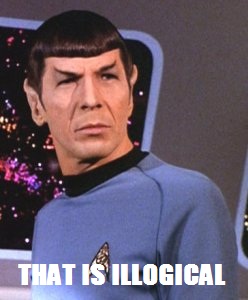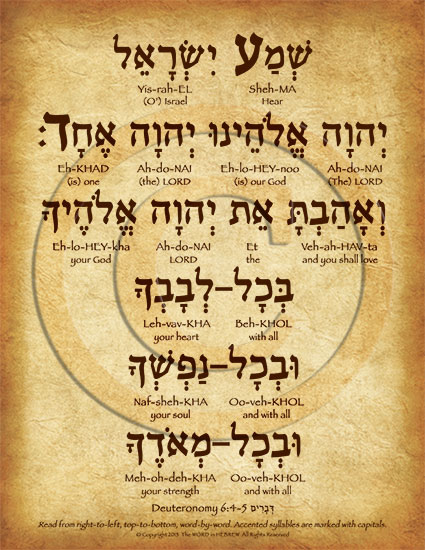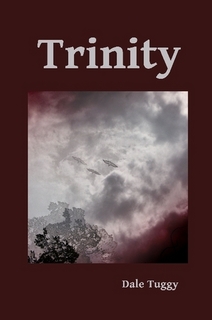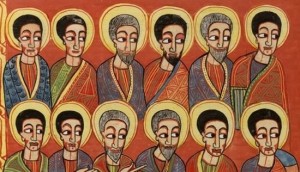 Minister Jeremy Myers asks: “Did Jesus Learn?“ (HT: James McGrath on Facebook)
Minister Jeremy Myers asks: “Did Jesus Learn?“ (HT: James McGrath on Facebook)
Great post. One favorite bit:
At one point in our discussion, I said, “Well, it seems logical that if Jesus was fully human, then He had to learn.” Their response was, “I don’t use logic. I just use Scripture.” I just about broke out laughing. It seemed pretty obvious to me that logic was not being used. Ha! One guy also kept saying, “I don’t speculate about Scripture. I just believe what it says.”
Oh, “logic” (really, human reasoning ability) was being used… just not well! 😉
In any case, he answers the question of the post affirmatively.
I agree with Jeremy that according to the New Testament, Jesus learned. Any theory about Jesus must incorporate this fact. And while he was doing that, there were truths he did not know.
But that gives rise to this argument:
- God is eternally omniscient.
- Necessarily, a omniscient being knows all truths; there is at no time a truth that an omniscient being (who exists at that time) does not know.
- Jesus, at times, did not know certain truths.
- Therefore, Jesus is not eternally omniscient. (2, 3)
- Therefore, Jesus is not God. (1, 4)
I would say, in evaluation of this argument:Read More »Jeremy Myers asks: “Did Jesus Learn?”


















